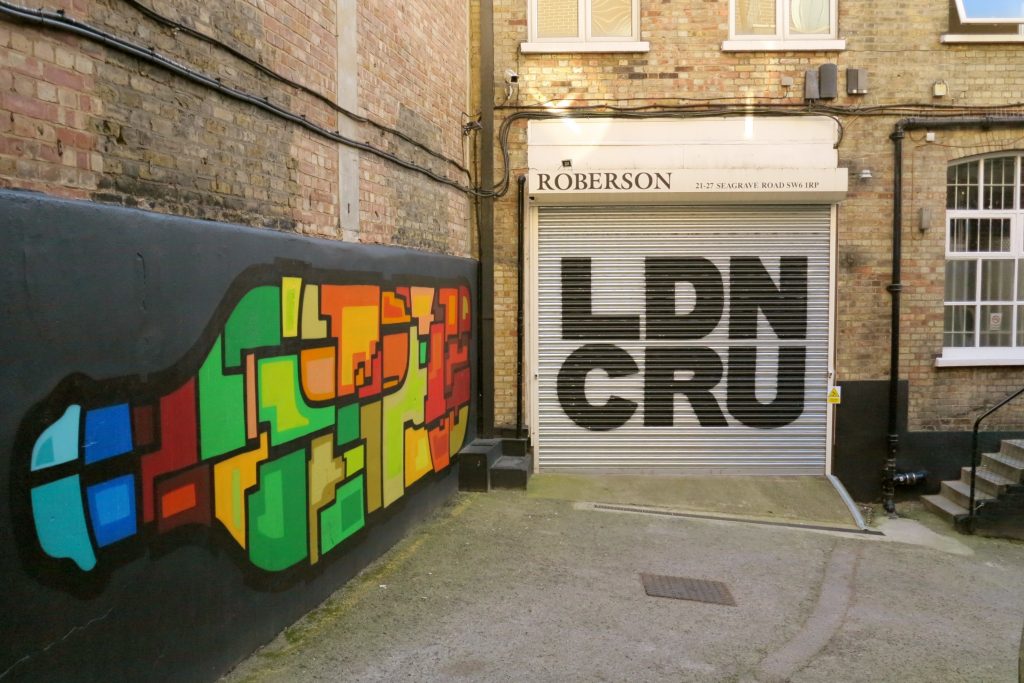
Bacchus - The God of Wine and the Grape Variety of England
If you didn’t already know, this week is a special week; It is English Wine Week: Saturday 25th May to Sunday 2nd June, so time to discover the grape variety, Bacchus.
With our focus turning more on sustainability and more emphasis on eating local, why don’t we all start drinking local too? Although English Sparkling wine really has proven to be world class and a product to be proud of, Bacchus is our signature grape variety for still wines, and it certainly deserves some time in the limelight.
There has never been a better time with awards and recognition for this surprisingly diverse and aromatic grape variety. In 2015 Albourne Estate from Sussex won Best English wine with their Bacchus 2014, beating 320 other sparkling and still wines. In 2017 Winbirri Vineyards from Norfolk won a Platinum (the highest accolade) in the Decanter World Wine Awards for their Bacchus 2015.

I was lucky enough to listen to Peter Richards MW and several winemakers from top English Vineyards this week, giving me the full lowdown on what is Bacchus, now and in the future.
Many of you wine lovers have heard of the God of wine, Bacchus. Well, as ambiguous as he was, and as difficult as he was to define, it seems that Bacchus shares the same reputation.
How do you describe Bacchus? Is it more like a Sauvignon Blanc, or are the aromas more Riesling in style? Perhaps it can be characterized as Albariño like. Then again, as Peter Richard explains, many examples have quite a Muscat expression.
What we do know for sure is that it is highly aromatic, has good acidity, a lighter body, generally lower alcohol and can be dry to off-dry in style. While tasting the 13 Bacchus wines that were on offer at this masterclass, I personally found that elderflower was the characteristic aroma that they all seemed to share, although some were more intense and others more restrained.
The History of the grape variety Bacchus
This grape originated from Germany. It is a crossing between Muller Thurgau and a Riesling/Sylvaner cross (that’s a lot of crossings). This was developed in 1933, and it came to the UK in 1973. The idea was to create a grape that was earlier ripening but still had some aromatic flavours. This grape has done so much better in England due to the cooler climate compared to Germany, allowing the acidity levels to stay high. Since the 1990s there were only 76 hectares planted in the UK. This has risen to over 200 hectares to date. It seems the winemakers are all really behind this grape and certainly consumers taking the plunge are pleased they have done.
The Science behind the grape variety Bacchus
Anyone not liking the technical ins and outs, skip ahead to the food pairings below and start salivating, but I have to say I was strangely intrigued as to the research that has gone into discovering the complexity that Bacchus has. This better understanding can only lead to even better wines.
Both Ben Witchell, Winemaker from Flint Wines in Norfolk and Tony Milankowski – Plumpton College explained their discoveries from the research done thus far. With every grape variety, they have compounds, and these are what give the aromas and flavours. With Bacchus, there are a load of Terpenes (which you get with Gewürztraminer) and Thiols (which you get with Sauvignon Blanc). The Thiols give you the passionfruit, grapefruit and blackcurrant. The Terpenes give you the perfume and aromatics such as spice, floral, rose, lemon, geranium, orange. Also, some green aromas come through due to some methoxypyrazines and c6 compounds. The disadvantage is that due to all the polyphenols on the skins, the wine could be slightly bitter, so the winemaking part is essential. Are you still with me?
For me, this just shows that Bacchus has the potential to give you so much in one glass and is not a grape variety to be overlooked. Beyond the compounds found in the Bacchus, the winemaker can choose when to harvest. If they pick earlier it can be more lime zesty and tomato leaf, but if left on the vine longer it can get quite tropical (apparently ‘sweaty’ describes the flavours of Bacchus when left too long- hmm). The other vital decisions include skin contact, yeast choices, fermentation temperatures, and use of oak. In conclusion, you have loads of aromatics coming from the grape, but the winemakers can play around to bring diversity to the wine.
Food pairings for the grape variety Bacchus
Anyone looking for some perfect food pairings, look no further. Alex Beaumont from Roberson wines gave us a rather substantial list. Anything salty goes perfectly with Bacchus as it increases the perception of fruit, so dishes with Samphire or fish and chips are ideal. The vinegar on those chips also helps as would a spring vegetable salad with a vinaigrette dressing. Fish is a perfect match, especially Cod with capers and asparagus, Oysters and North Sea Crab. To be fair, anything you can squeeze a lemon on will work.
The path for Bacchus is exciting. Currently, in the UK, Bacchus is being made as an orange wine, a sweet wine, a carbonated wine, still wines in more mineral styles and those showing riper more opulent fruit. Other winemakers are experimenting with oak ageing. Bacchus is all to play for, so I highly recommend you grab yourself a bottle of Bacchus for this weekend and enjoy it with the above food pairings, or merely a glass in the sun.
Find below my favourite 3 wines of the tasting:

Chapel Down Kit’s Coty Bacchus 2016 – RRP £25
Josh Donaghay-Spire is the Head winemaker and really has embraced Bacchus with 7 different Bacchus wines in his portfolio. Chapel Down is the largest producer in the UK. They make about 450,000 bottles a year.
This wine comes from their best vineyard. Every year the best Chardonnay and Pinot Noir was coming from this site, and so they have 25 acres of unplanted land and wondered what would happen to Bacchus if it was grown there. The vineyard is quite warm, and the soils are all chalk – the perfect option for richer fruit and minerality. The wine has minimal clarification, wild ferment and spends 9 months in third and fourth use French oak barrels.
The nose is clean, precise and beautifully perfumed. The fruit is super ripe. Imagine elderflower intermingled with grapefruit and melon dancing around in the glass. The palate is peachy, soft and round. It has quite a pithy mouthfeel and a gorgeous minerality like wet stones. Peter Richards MW compared this to a great Chablis, and I can see why.
LDN Cru Baker St Bacchus 2018 – RRP: £15
This comes from London’s first urban winery started in 2012, and located in West Brompton. They initially brought in grapes from Europe but have now changed to only making English wine and focusing entirely on Bacchus. You can buy the wines directly from them and visit their winery, which just makes for a fun day out.
This is a much more aggressive style of Bacchus, but it is punchy, big, juicy and delicious. One quick sniff and all the sweetness of elderflower juice jumps up your nose with blackcurrant leaf following just behind. The aromas are intense. The palate is alive, big and full of zesty fruits. Its 5 months lees ageing add to the weight of the wine.


Hattingley Valley Entice 2018 – RRP: 375ml bottle £22.50
Hattingley Valley can be found in Hampshire, and they focus on Sparkling wines, so I was so excited to find out that one of the winemakers had an exceptional experience with a New Zealand dessert wine on their travels, and then the quest to make something equally as good began. You can not go wrong with any wine from Hattingley Valley, which is lead by female winemaker Emma Rice who has won UK Winemaker of the Year in both 2014 and 2016. This is the third vintage of this heavenly sweet wine, and each year they sell out quickly. They only make 3000 ½ bottles of this gorgeous elixir.
Aromas of elderflower, peach, apricots and honeysuckle are all on the nose. Drinking this, you immediately realize that it is not too sweet. The 165g/l of residual sugar begs to differ, but it doesn’t seem anywhere near this amount. The acidity is so in balance that it brings down the perception of sweetness. The wine is really delicate, the flavours are more honeysuckle than honey, the wine is more fresh than concentrated. Flavours of dried apricots linger on your tongue. ‘Fresh’ really is the word for this wine. It simply is a delight.
If you prefer to learn by listening this video goes through the basics of the Bacchus Grape variety. You can hear about the food pairings, the flavours and listen to my tasting of Bacchus Baker St 2018, from London Cru.
Happy English Wine Week Everyone!
Are you still trying to learn about the more internation varieties? Click here.
